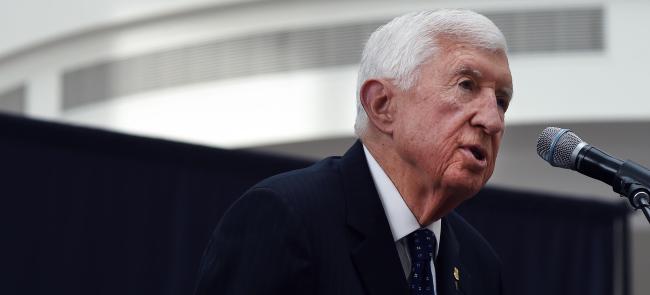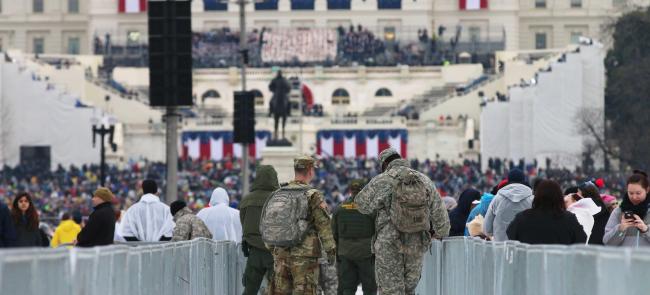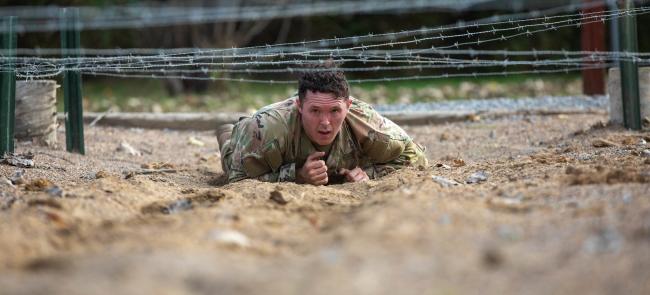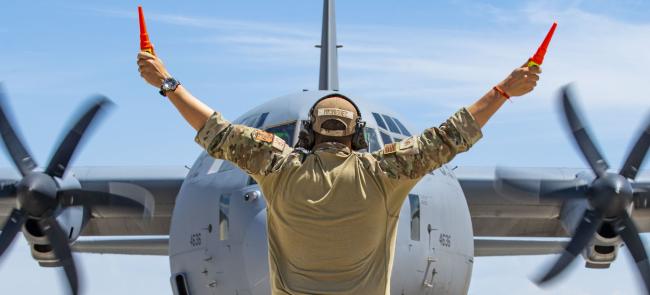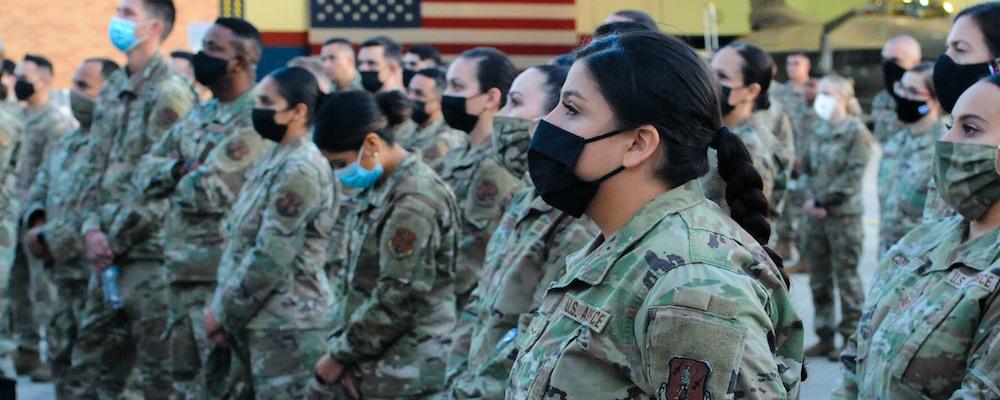
Some Texas Guardsmen who are part of their state’s controversial border mission have begun unionizing, according to Army Times.
The move comes after a Justice Department filing earlier this year declared Guardsmen have the ability to form and join unions while serving on state active duty orders.
The Texas mission on the U.S.-Mexico border, known as Operation Lone Star, has generated reports of poor living conditions, subpar equipment and pay issues.
Texas leaders have defended their attempts to address those issues and the continued need for the state mission, which began after Texas Gov. Greg Abbott accused the Biden Administration of inaction in the face of drug smuggling and illegal immigration.
Texas Democrats have requested a federal investigation into the mission, which has been criticized as politically motivated, and numerous Guardsmen have spoken out against mission to Army Times and news outlets in Texas.
The lengthy mission, with no end date announced, spurred the union efforts, organizers said. There are approximately 10,000 members of the Texas Military Department assigned to Operation Lone Star.
Some of those personnel are meeting this week as part of the Texas State Employees Union’s Military Caucus. They will be the first group of Guardsmen to organize while on state active duty, though Army Times notes there are some full-time Guard dual-status technicians that have unionized in their civilian capacity as federal employees.
Their efforts follow a Justice Department filing earlier this year that stated federal law prohibiting military members from organizing unions “does not apply to Guard members on state active duty or in the Inactive National Guard.”
That filing came as part of a Connecticut lawsuit that was dismissed after DoJ lawyers agreed with plaintiffs in state employee unions. The unions filed suit on behalf of Connecticut Guardsmen who wanted a voice alongside state employees in advocating for COVID-19 workplace protections.
The Connecticut case set the groundwork for the Texas union efforts by identifying Guardsmen on state missions as state employees, not military members. A similar legal principle is what allows Guardsmen on state active duty to conduct law enforcement activities, Army Times reported.
The Texas organizers have said they hope to press their state leaders to be more transparent about end-of-mission requests for involuntarily activated troops.





